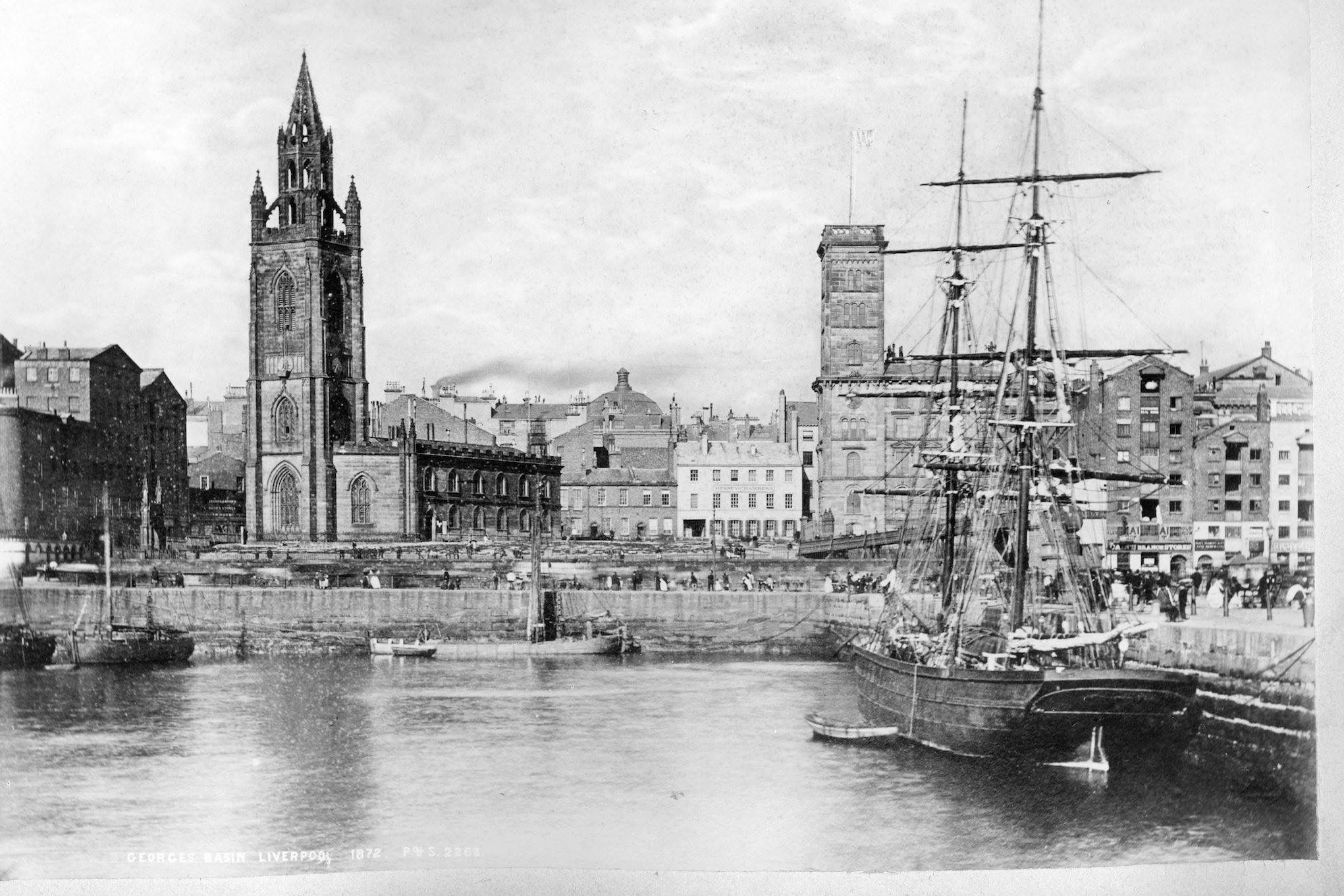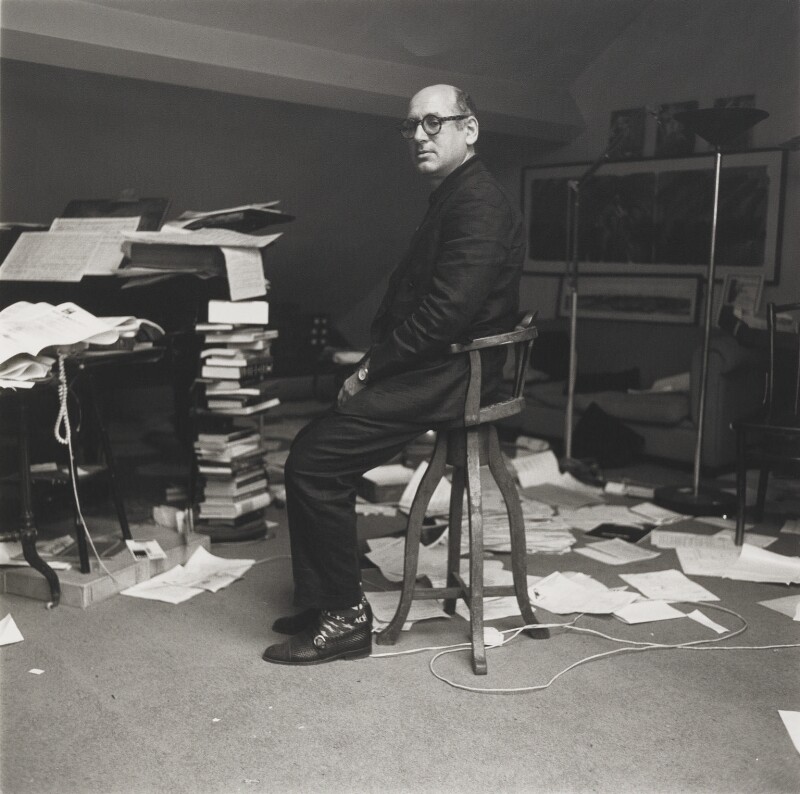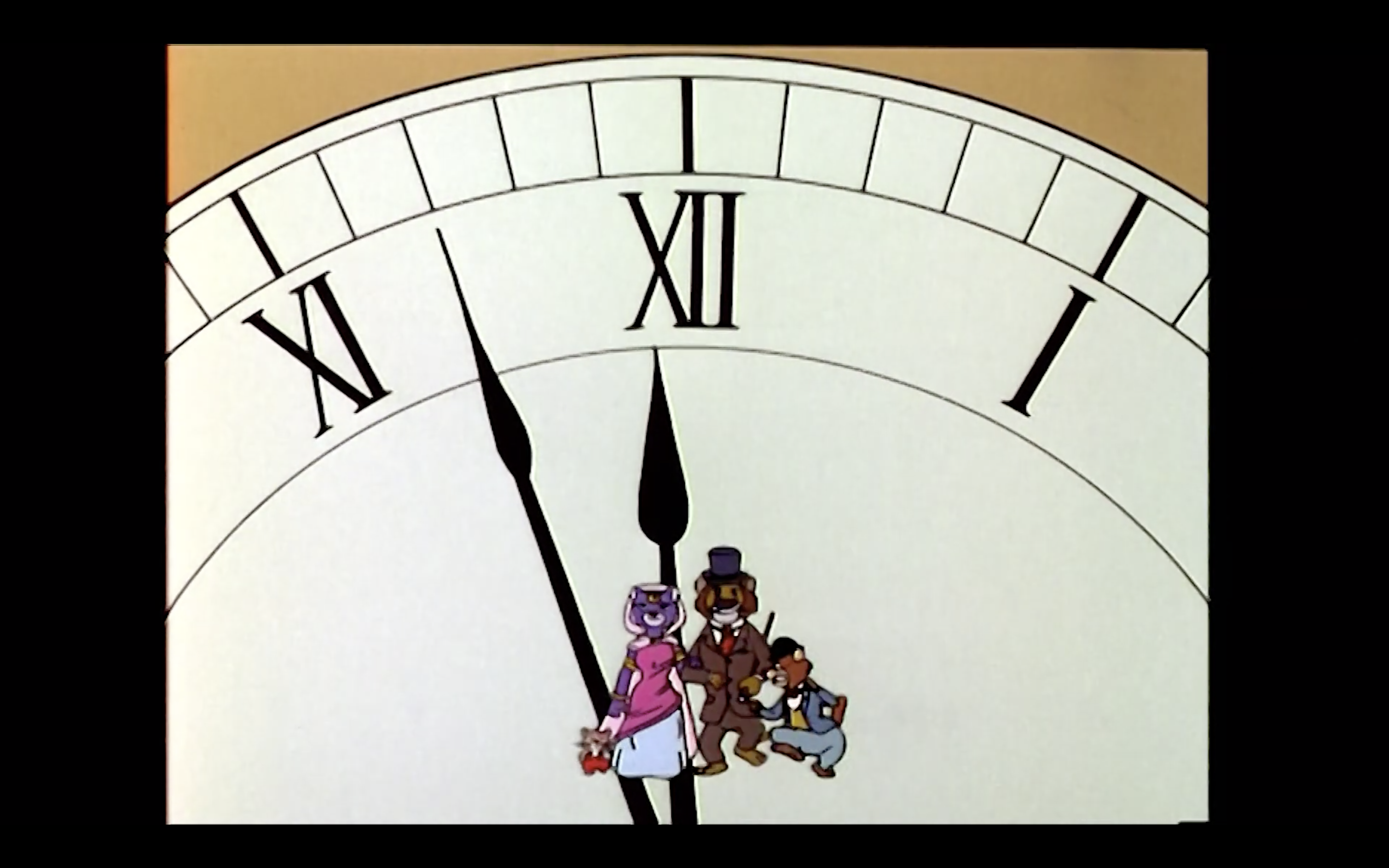
LTDM80J Episode 08:
Liverpool to London
We are listening to the last episode of this radio series, where Phileas Fogg completes a full circle around the world but arrives in London five minutes late thinking he had lost the wager. He thought that he had arrived in London on Saturday, the twenty–first day of December, when it was really Friday, the twentieth, the seventy–ninth day only from his departure. He had, without suspecting it, gained one day, and this merely because he had travelled constantly eastward; he would, on the contrary, have lost a day had he gone in the opposite direction. Actually, Phileas Fogg had won his wager, and had made his journey around the world in eighty days. To do this he had employed every means of conveyance. But what then? What had he really gained by all this trouble? What had he gained from this long and weary journey?
— “Phileas Fogg was in prison.”
— “There he sat, calmly waiting—for what? Did he still cherish hope? […] However that may have been, Mr. Fogg carefully put his watch upon the table, and observed its advancing hands. Not a word escaped his lips, but his look was singularly set and stern.”
— “Phileas Fogg was in prison.”
— “There he sat, calmly waiting—for what? Did he still cherish hope? […] However that may have been, Mr. Fogg carefully put his watch upon the table, and observed its advancing hands. Not a word escaped his lips, but his look was singularly set and stern.”
— “It was necessary to make the journey in five hours and a half; and this would have been easy on a clear road throughout. But there were forced delays, and when Mr. Fogg stepped from the train at the terminus, all the clocks in London were striking ten minutes before nine. Having made the tour of the world, he was behind–hand five minutes. He had lost the wager!”
— “Arrived in London”
— “After having steadily traversed that long journey, overcome a hundred obstacles, braved many dangers, and still found time to do some good on his way, to fail near the goal by a sudden event which he could not have foreseen, and against which he was unarmed; it was terrible!”
— "I pity you, then, Mr. Fogg, for solitude is a sad thing, with no heart to which to confide your griefs. They say, though, that misery itself, shared by two sympathetic souls, may be borne with patience."
— “The sincerity, rectitude, firmness, and sweetness of this soft glance of a noble woman, who could dare all to save him to whom she owed all, at first astonished, then penetrated him.
— “Arrived in London”
— “After having steadily traversed that long journey, overcome a hundred obstacles, braved many dangers, and still found time to do some good on his way, to fail near the goal by a sudden event which he could not have foreseen, and against which he was unarmed; it was terrible!”
— "I pity you, then, Mr. Fogg, for solitude is a sad thing, with no heart to which to confide your griefs. They say, though, that misery itself, shared by two sympathetic souls, may be borne with patience."
— “The sincerity, rectitude, firmness, and sweetness of this soft glance of a noble woman, who could dare all to save him to whom she owed all, at first astonished, then penetrated him.
He shut his eyes for an instant, as if to avoid her look. When he opened them again, "I love you!" he said, simply. "Yes, by all that is holiest, I love you, and I am entirely yours!"
— “At the fifty–seventh second the door of the saloon opened; and the pendulum had not beat the sixtieth second when Phileas Fogg appeared, followed by an excited crowd who had forced their way through the club doors, and in his calm voice, said, "Here I am, gentlemen!"
— “Phileas Fogg had won his wager, and had made his journey around the world in eighty days. To do this he had employed every means of conveyance—steamers, railways, carriages, yachts, trading–vessels, sledges, elephants. The eccentric gentleman had throughout displayed all his marvellous qualities of coolness and exactitude. But what then? What had he really gained by all this trouble? What had he brought back from this long and weary journey? Nothing, say you? Perhaps so; nothing but a charming woman, who, strange as it may appear, made him the happiest of men! Truly, would you not for less than that make the tour around the world?”
— “At the fifty–seventh second the door of the saloon opened; and the pendulum had not beat the sixtieth second when Phileas Fogg appeared, followed by an excited crowd who had forced their way through the club doors, and in his calm voice, said, "Here I am, gentlemen!"
— “Phileas Fogg had won his wager, and had made his journey around the world in eighty days. To do this he had employed every means of conveyance—steamers, railways, carriages, yachts, trading–vessels, sledges, elephants. The eccentric gentleman had throughout displayed all his marvellous qualities of coolness and exactitude. But what then? What had he really gained by all this trouble? What had he brought back from this long and weary journey? Nothing, say you? Perhaps so; nothing but a charming woman, who, strange as it may appear, made him the happiest of men! Truly, would you not for less than that make the tour around the world?”













